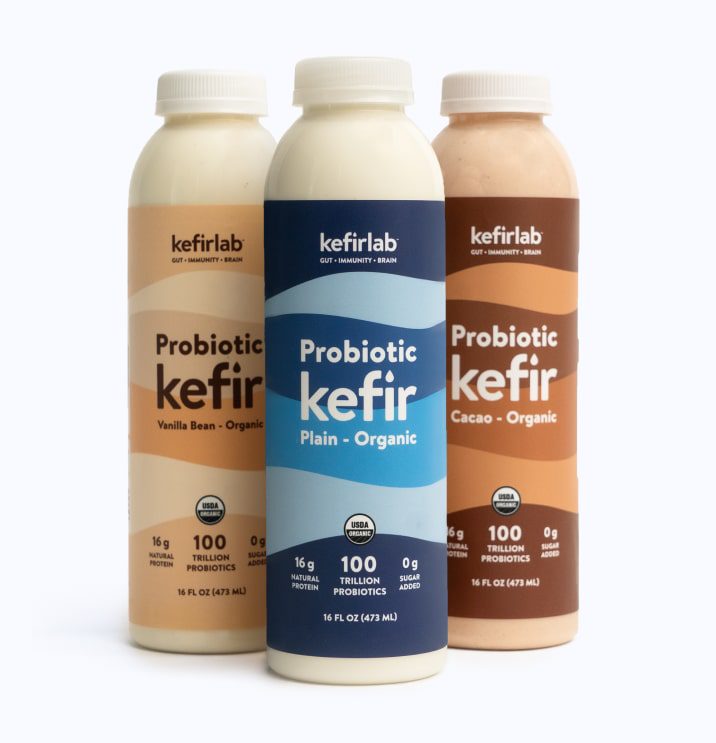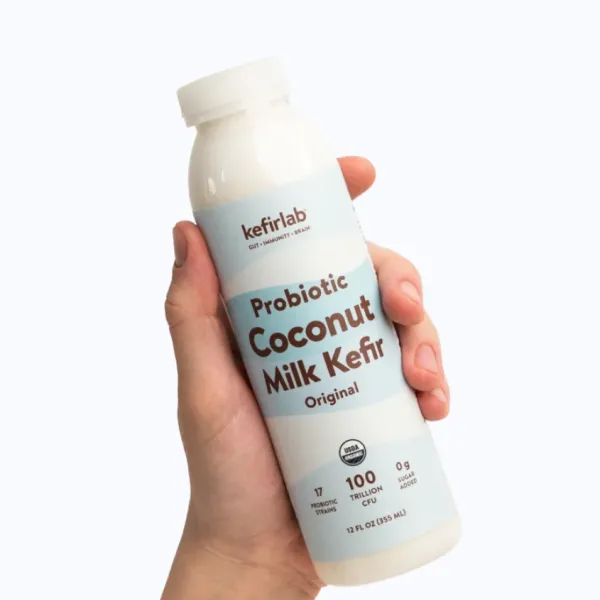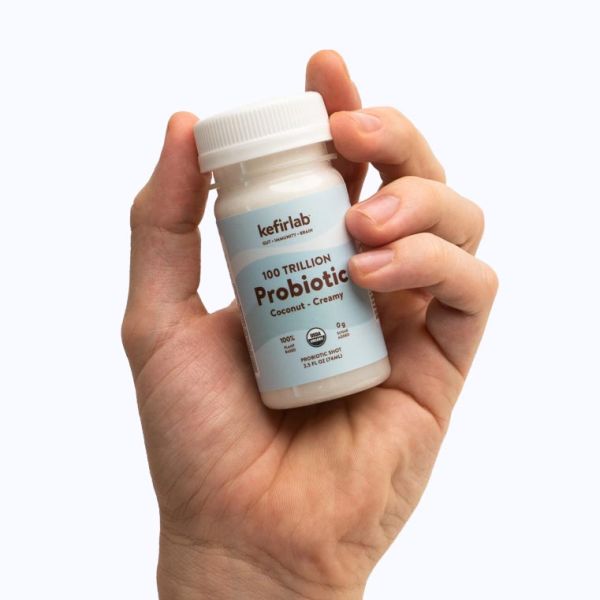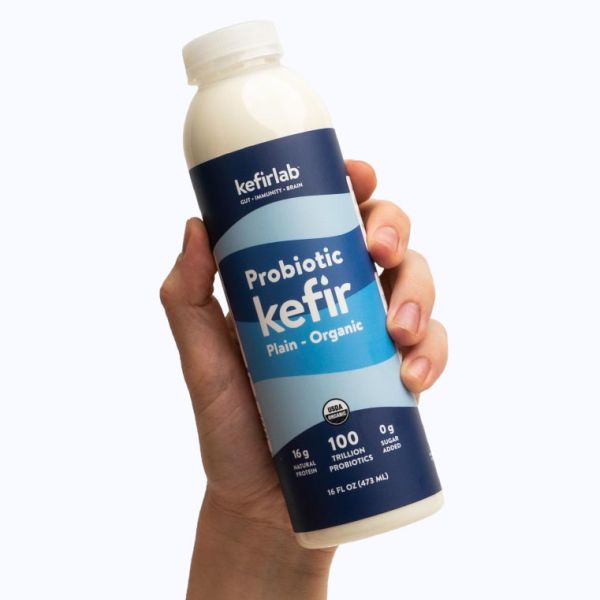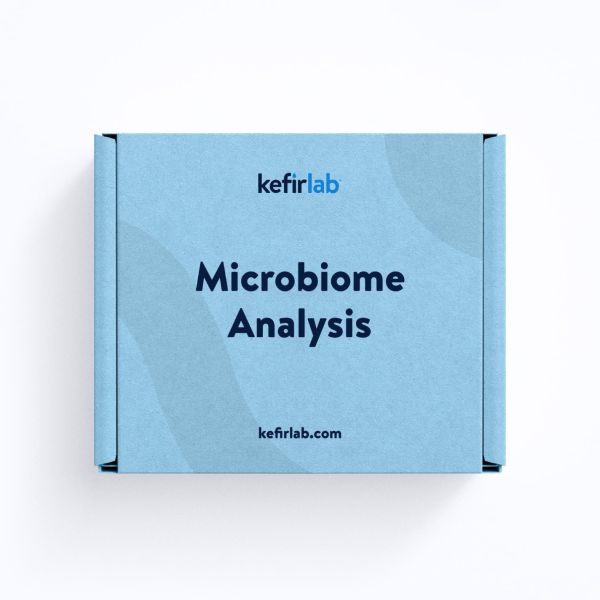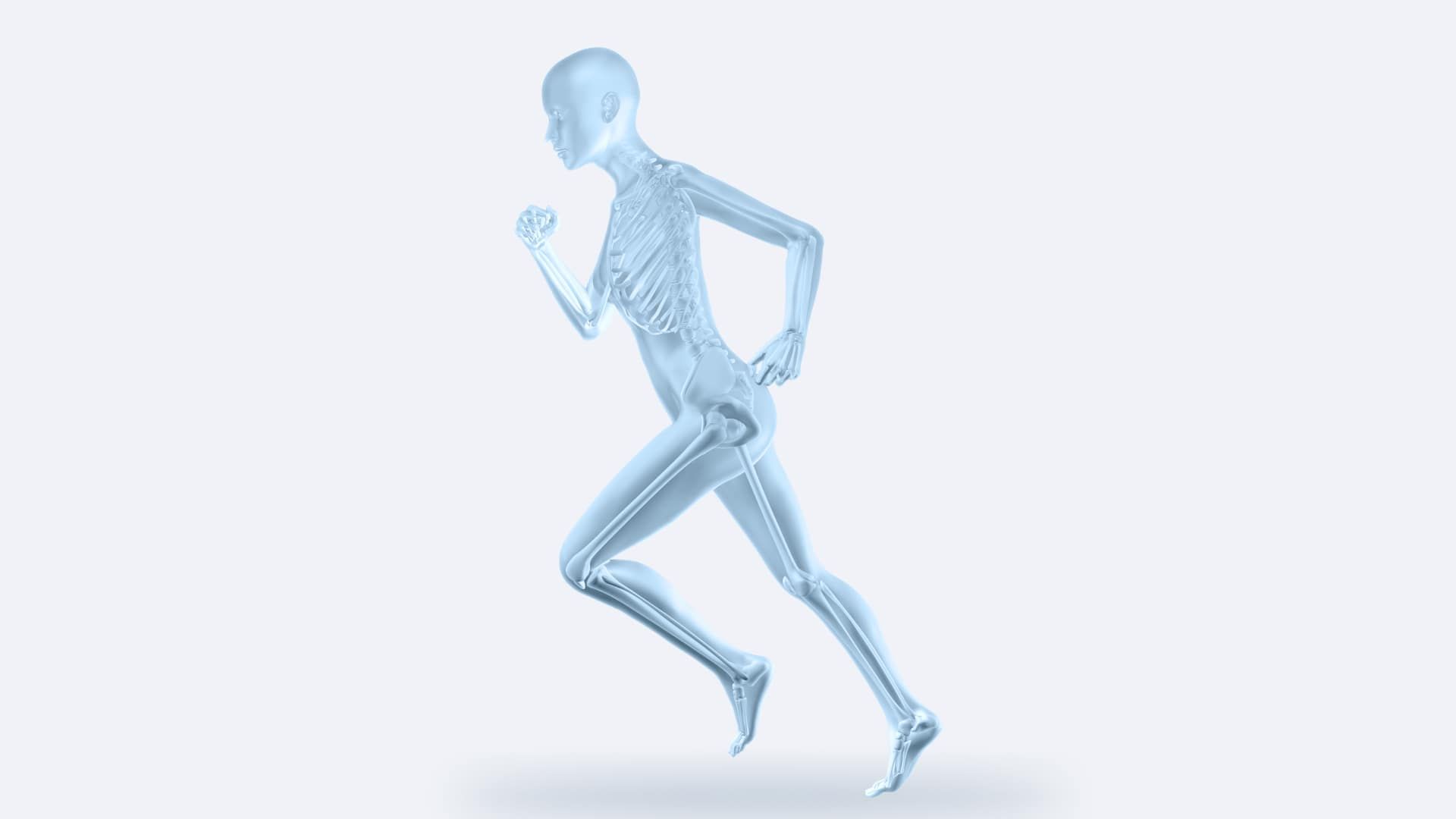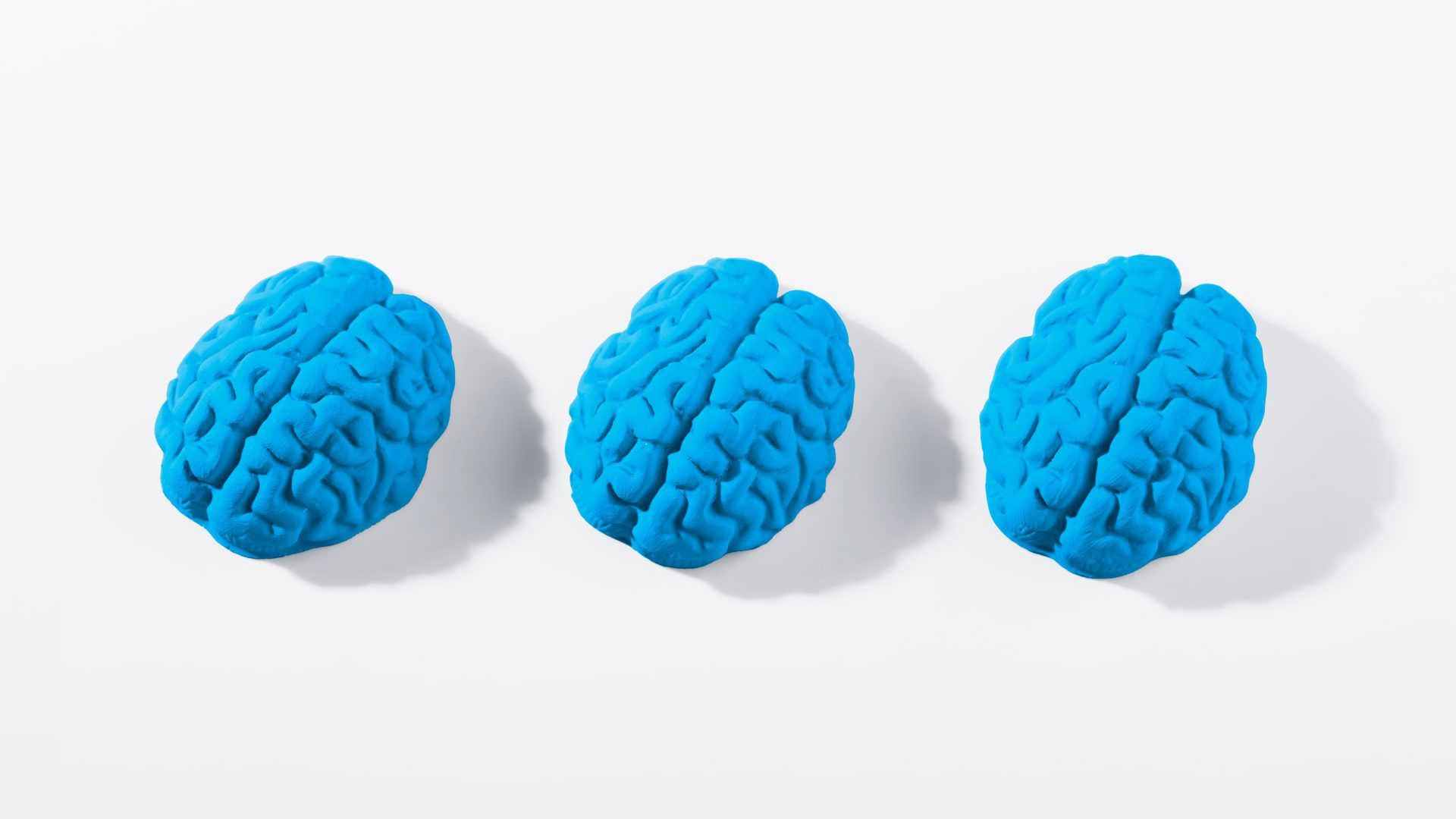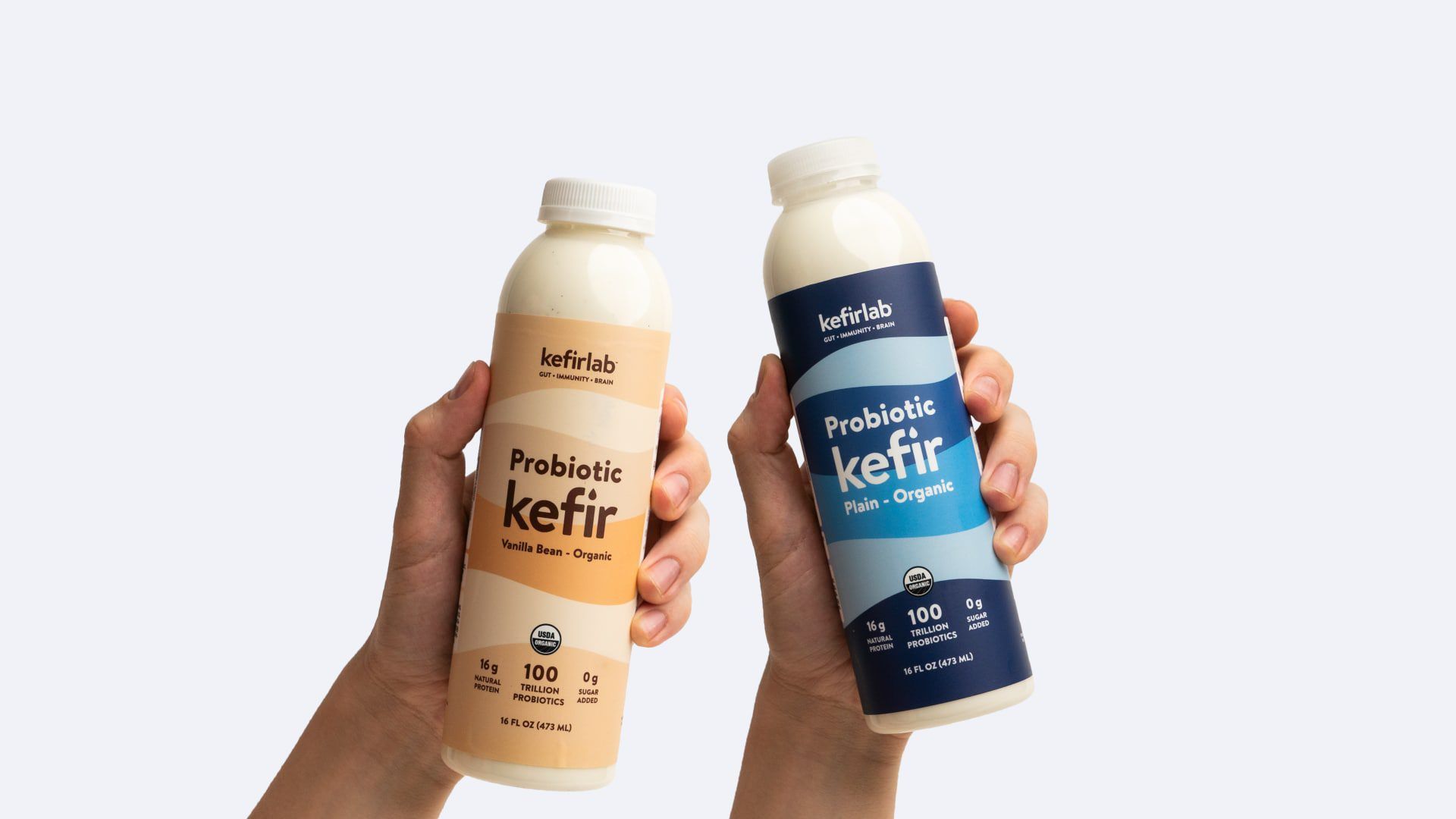How Gut Health Influences Muscle Health: Strengthening the Connection

In This Article you will learn…
The connection between our digestive system and muscular strength might not be the first link that comes to mind, but emerging science highlights the gut as a key player in muscle health and development.
Known as the gut-muscle axis, this relationship is vital for anyone looking to enhance their physical fitness or recover from muscle-intensive activities.
This article will explore how a healthy gut microbiome can significantly influence muscle function, recovery, and overall performance, providing actionable insights and science-backed information.
Understanding the Gut-Muscle Axis
The gut-muscle axis refers to the biochemical interactions between the gut microbiota and muscle health.
A well-balanced gut microbiome helps the body efficiently absorb nutrients crucial for muscle repair and growth, such as proteins and amino acids.
Additionally, the gut microbiota influences systemic inflammation, a critical factor in muscle recovery and adaptation after exercise.
- Protein Utilization: Good gut health enhances the body’s ability to break down dietary proteins into amino acids essential for muscle building.
- Inflammation Management: Reduced inflammation due to a balanced microbiome can lead to quicker recovery and decreased muscle soreness post-exercise.
This foundation sets the stage for exploring how specific probiotics can directly impact muscle health and recovery processes.
Probiotics and Muscle Health
Probiotics significantly enhance muscle mass and strength by improving gut health. This, in turn, optimizes nutrient absorption and reduces inflammation, two factors critical for muscle performance and recovery.
Here’s how specific strains of probiotics impact muscle health:
- Enhancing Nutrient Absorption: Certain probiotics help increase the absorption of proteins and other vital nutrients crucial for muscle repair and growth.
- Reducing Inflammation: Probiotics can decrease systemic inflammation by regulating the immune response, allowing for faster recovery and reduced muscle soreness after intense workouts.
Study Highlight: A recent study demonstrated that athletes who were supplemented with a specific probiotic strain showed improved recovery rates and increased muscle growth compared to those who did not.
For example, 49ers take KefirLab’s Probiotic Shots as part of their diet.
Nutritional Strategies to Enhance Gut and Muscle Health
The diet plays a foundational role in supporting both gut and muscle health.
Effective nutritional strategies involve a combination of macronutrient balance and the inclusion of specific food types that support the microbiome and muscle recovery:
- Balanced Macronutrient Intake: Ensure your diet appropriately balances proteins, carbohydrates, and fats to support muscle health and gut flora.
- High-Fiber Foods: Foods rich in fiber, such as whole grains, fruits, and vegetables, promote a healthy gut microbiome, which is essential for optimal muscle function.
- Inclusion of Fermented Foods: Consuming fermented foods like yogurt and kefir introduces beneficial probiotics that support gut health and can indirectly benefit muscle health.
Practical Tip: Incorporate KefirLab’s probiotic-rich products, like their Coconut Kefir, into your diet to support gut and muscle health through natural, food-based solutions.
Practical Tips for Integrating Muscle-Healthy Gut Practices
Adopting habits that benefit gut and muscle health doesn’t have to be complicated.
Here are some straightforward tips to help you get started:
- Regular Probiotic Intake: To maintain a healthy gut microbiome, include a daily serving of probiotics through supplements or probiotic-rich foods like kefir, yogurt, and fermented vegetables.
- Diverse Diet: Eat various foods to promote a diverse gut flora, which is linked to better health outcomes, including improved muscle function and recovery.
- Hydration: Staying well-hydrated is crucial for optimal digestive health and muscle function. Aim for at least 8 glasses of water per day.
- Exercise Consistency: Engage in regular physical activity, which helps build muscle and promotes a healthier gut microbiome.
Example Routine:
- Morning: Start with a probiotic shot or a glass of kefir.
- Meals: Include a source of fiber-rich carbs like quinoa or brown rice, lean proteins, and plenty of vegetables.
- Post-Workout: Opt for a smoothie with yogurt or kefir to replenish and support muscle recovery.
Frequently Asked Questions (FAQs)
What is the gut-muscle axis?
The gut-muscle axis refers to the relationship between your gut microbiota and muscle health.
This connection involves how the gut microbiome influences muscle metabolism, inflammation, and overall muscle function, thereby impacting muscle strength and recovery.
How do probiotics affect muscle health?
Probiotics can positively impact muscle health by:
- Improving Nutrient Absorption: Enhancing the gut’s ability to absorb nutrients like amino acids essential for muscle repair and growth.
- Reducing Inflammation: Helping manage and reduce systemic inflammation can affect muscle recovery and performance.
- Supporting Hormonal Balance: Maintaining hormonal balances that can influence muscle strength and recovery.
Can improving gut health help increase muscle mass?
Yes, improving gut health can help increase muscle mass by optimizing the digestion and absorption of crucial nutrients, such as proteins and essential minerals, critical for muscle growth.
A healthy gut also helps reduce inflammation, hindering muscle growth and recovery.
What foods should I eat to support my gut and muscle health?
To support both gut and muscle health, focus on a balanced diet that includes:
- Protein-Rich Foods: These include chicken, fish, tofu, and legumes for muscle repair.
- Fiber-rich foods are like whole grains, vegetables, and fruits to nourish the gut microbiota.
- Fermented Foods: Such as kefir, yogurt, and kimchi, which provide beneficial probiotics.
How often should I consume probiotics for muscle health?
Incorporating probiotics into your daily diet can be beneficial for muscle health.
To maintain a healthy gut microbiome, consistent intake through dietary sources like yogurt, kefir, or probiotic supplements is recommended.
Are there any risks associated with using probiotics for muscle health?
Consuming probiotics is safe and beneficial for most people.
However, individuals with compromised immune systems or severe medical conditions should consult a healthcare provider before starting new dietary supplements, including probiotics.
What lifestyle changes can enhance the benefits of a healthy gut for muscle health?
Lifestyle changes that can enhance the benefits of a healthy gut for muscle health include:
- Regular Physical Activity: Exercise helps build muscle and promotes a healthy gut microbiota.
- Adequate Sleep: Ensuring enough sleep supports muscle recovery and gut health.
- Stress Management: Reducing stress through meditation or yoga can positively affect gut and muscle health.
Can gut health impact other areas of health besides muscle health?
Absolutely. The health of your gut microbiome has a broad impact on various aspects of health, including immune function, mental health, weight management, and more.
A healthy gut is central to overall wellness.
Conclusion and Summary
Understanding the intricate link between gut health and muscle health can significantly enhance your approach to fitness and well-being.
Here are the essential takeaways from our discussion:
- Gut-Muscle Axis: A healthy gut contributes directly to muscle health through improved nutrient absorption and reduced inflammation.
- Role of Probiotics: Incorporating probiotics into your diet can enhance muscle recovery and overall muscle performance.
- Nutritional Strategies: Eating a balanced diet of fiber and probiotics supports your gut microbiome and muscle health.
Embrace these practices to not only boost your muscle health but also enhance your overall health.
For more detailed guidance and to explore high-quality probiotic products, visit the HealthLab Blog and check out KefirLab’s Probiotic Store.
Works Cited and Relevant Studies
To ensure credibility and provide further reading, here are some studies that support the claims made in the article:
- Jäger, R., Zaragoza, J., Purpura, M., et al. (2020). Probiotic supplementation attenuates increases in body mass and fat mass during high-fat diet in healthy young adults. Obesity, 28(12), 2423-2432.
- Tompkins, T. A., Mainville, I., & Arcand, Y. (2011). The impact of meals on a probiotic during transit through a model of the human upper gastrointestinal tract. Beneficial Microbes, 2(4), 295-303.
- Clark, A., & Mach, N. (2016). Exercise-induced stress behavior, gut-microbiota-brain axis and diet: a systematic review for athletes. Journal of the International Society of Sports Nutrition, 13(1), 43. https://doi.org/10.1186/s12970-016-0155-6
Join Kefir Club
Like our probiotics, our emails are clean and good for you. Spam Free. Unsubscribe anytime.
